
A study from Sweden, the largest of its kind, challenges the standard 24-month milestone as the key point when early relapse is a concern.
Mary Caffrey is the Executive Editor for The American Journal of Managed Care® (AJMC®). She joined AJMC® in 2013 and is the primary staff editor for Evidence-Based Oncology, the multistakeholder publication that reaches 22,000+ oncology providers, policy makers and formulary decision makers. She is also part of the team that oversees speaker recruitment and panel preparations for AJMC®'s premier annual oncology meeting, Patient-Centered Oncology Care®. For more than a decade, Mary has covered ASCO, ASH, ACC and other leading scientific meetings for AJMC readers.
Mary has a BA in communications and philosophy from Loyola University New Orleans. You can connect with Mary on LinkedIn.

A study from Sweden, the largest of its kind, challenges the standard 24-month milestone as the key point when early relapse is a concern.

Cencora’s fast-tracked acquisition of OneOncology could boost community cancer care access and bring advanced therapies closer to patients.

The need for at-home caregivers in cancer care is not new. But as therapies improve, the need to care for patients with cancer stretches over longer periods. Today, the rise of advanced cellular therapies asks more of caregivers. One caregiver who has lived it is working on a better solution for other families.
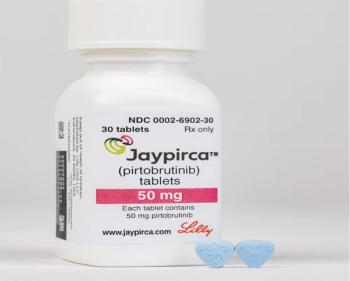
Patients with mantle cell lymphoma experience improved quality of life and physical functioning after treatment with pirtobrutinib, a BTK inhibitor.

At the Orlando session of the Institute for Value-Based Medicine, clinicians delivering cancer care in Central Florida address restrictions from Medicare Advantage plans, which can affect access to innovative treatments for breast cancer, myeloma, and bladder cancer.
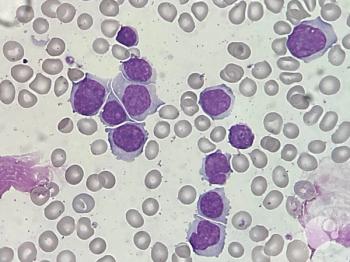

Allo-CAR-NK cell therapy shows promise in achieving long-term remission for patients with Waldenström lymphoma without chemotherapy.

Abstracts presented at ASH 2025 explore CAR T-cell therapy's effectiveness in newly authorized treatment centers, revealing promising outcomes for multiple myeloma patients and the prospect of expanded access.


Reader favorites from the 2025 Patient-Centered Oncology Care conference included articles and interviews featuring AI's role in precision medicine and the importance of collaboration in delivering care.

ASH 2025 reveals groundbreaking trial data on fixed-duration therapies for chronic lymphocytic leukemia, non-Hodgkin lymphoma, and multiple myeloma, enhancing patient outcomes and reducing costs.

Highlights from EHA 2025 included use of bispecific antibodies in more settings and novel approaches for improving outcomes in hard-to-treat patients.
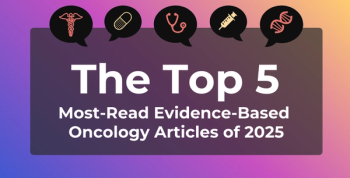
Advances in radiopharmaceuticals, precision medicine, and the importance of diversity in clinical trials for multiple myeloma and cancer care were among the most popular articles with readers in 2025.


Leaders from the American Oncology Network discuss they help practices navigate the implementation of complex therapies, in ways that make sense for patients and work financially for practices.
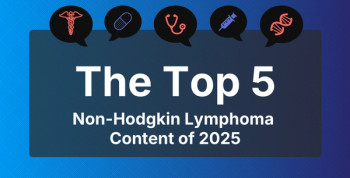
Advancements in 2025 in non-Hodgkin lymphoma treatments focused on bringing CAR T-cell therapy and bispecific antibodies into the community setting.

Leaders of OneOncology share how the managed services organization empowers independent oncology practices through advanced technology, clinical trials, and value-based care, enhancing patient-focused cancer treatment.

Linvoseltamab shows promise as a first-line therapy for multiple myeloma, offering high response rates and a simplified treatment approach.

Eunice Wang, MD, highlights breakthroughs in menin inhibitors for acute leukemias, showcasing promising combination therapies and addressing treatment challenges at ASH 2025.
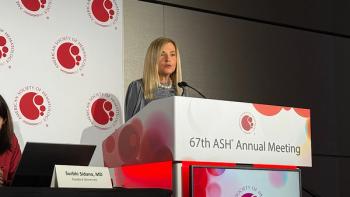
New research reveals teclistamab and daratumumab significantly enhance progression-free survival in multiple myeloma, reshaping treatment standards.

A groundbreaking in vivo CAR T-cell therapy shows promise for treating multiple myeloma, potentially revolutionizing cancer care with quicker, safer treatments.

PARADIGM showed azacitidine and venetoclax outperform induction chemotherapy in initial treatment of acute myeloid leukemia (AML).

Epcoritamab combined with rituximab and lenalidomide significantly improves outcomes for relapsed follicular lymphoma, setting a new treatment standard.

A panel at the American Society of Hematology highlights the urgent need for genetic diversity in cancer studies, addressing disparities in treatment outcomes across different ancestries.

Families of children with acute lymphoblastic leukemia face significant financial toxicity, with many experiencing severe economic hardship during treatment.

New trial results reveal fixed-duration venetoclax regimens match continuous ibrutinib therapy in CLL, enhancing patient quality of life and adherence.

Rusfertide shows promise in maintaining hematocrit control and improving quality of life for polycythemia vera patients, reducing phlebotomy needs significantly.
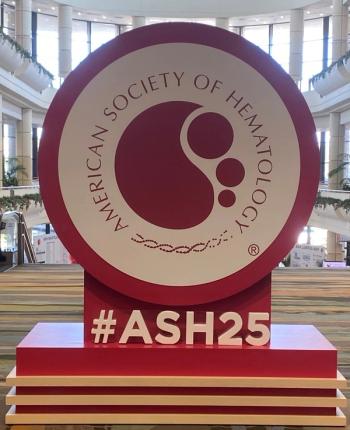


Medicaid expansion has enhanced cancer care in Louisiana, boosting access to treatments like CAR T-cell therapy and improving breast cancer screening initiatives.

Published: June 6th 2025 | Updated: August 18th 2025
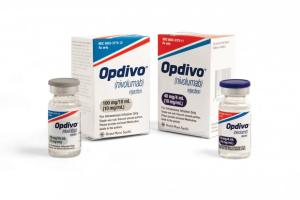
Published: May 9th 2024 | Updated: May 21st 2024
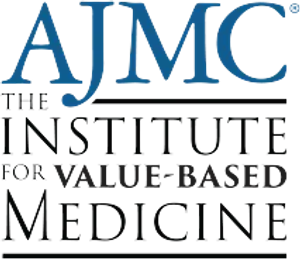
Published: August 3rd 2023 | Updated:
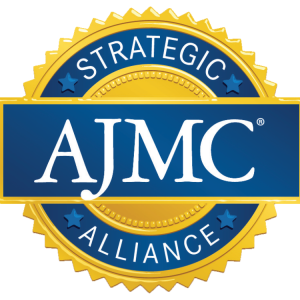
Published: August 16th 2023 | Updated:

Published: October 27th 2021 | Updated:

Published: March 4th 2025 | Updated:

259 Prospect Plains Rd, Bldg H
Cranbury, NJ 08512
© 2025 MJH Life Sciences®
All rights reserved.
